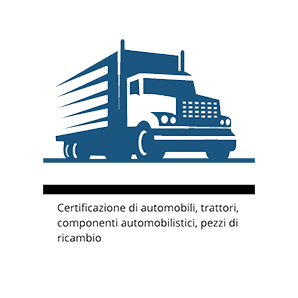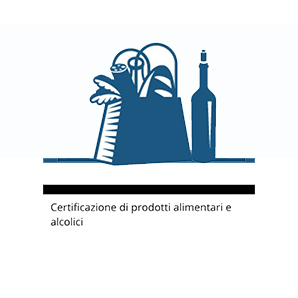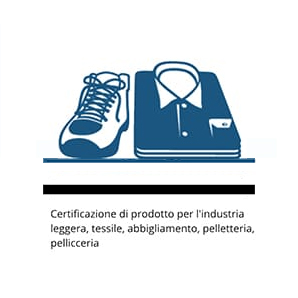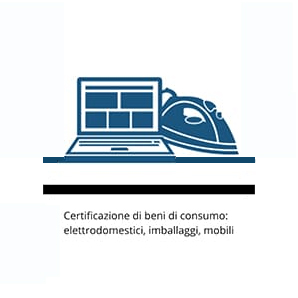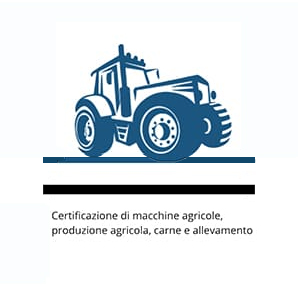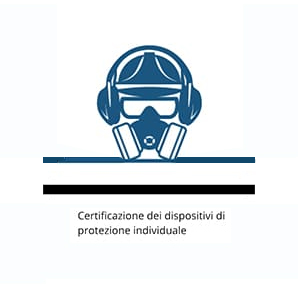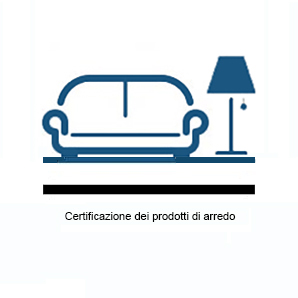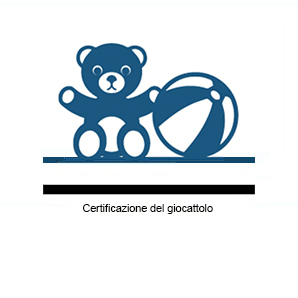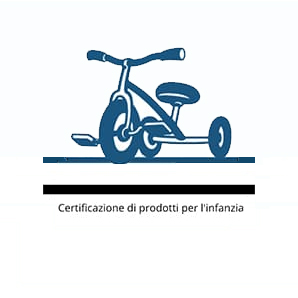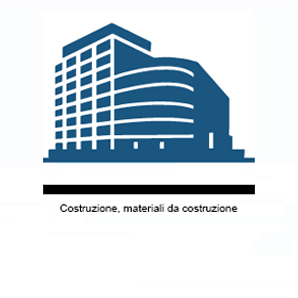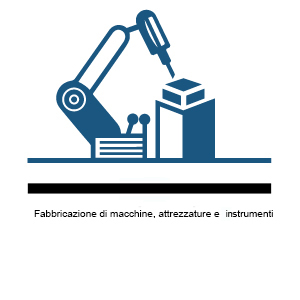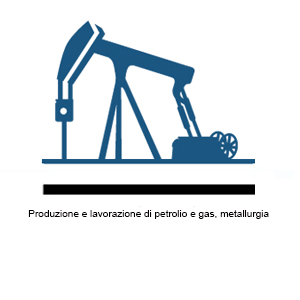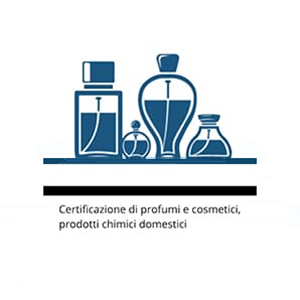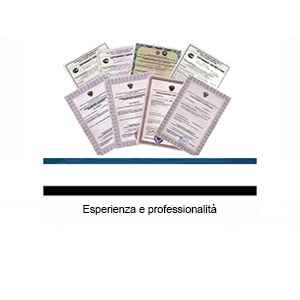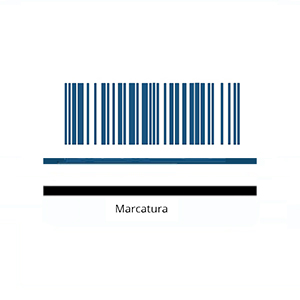ISO 9001-2015 certified. Quality management system in the company
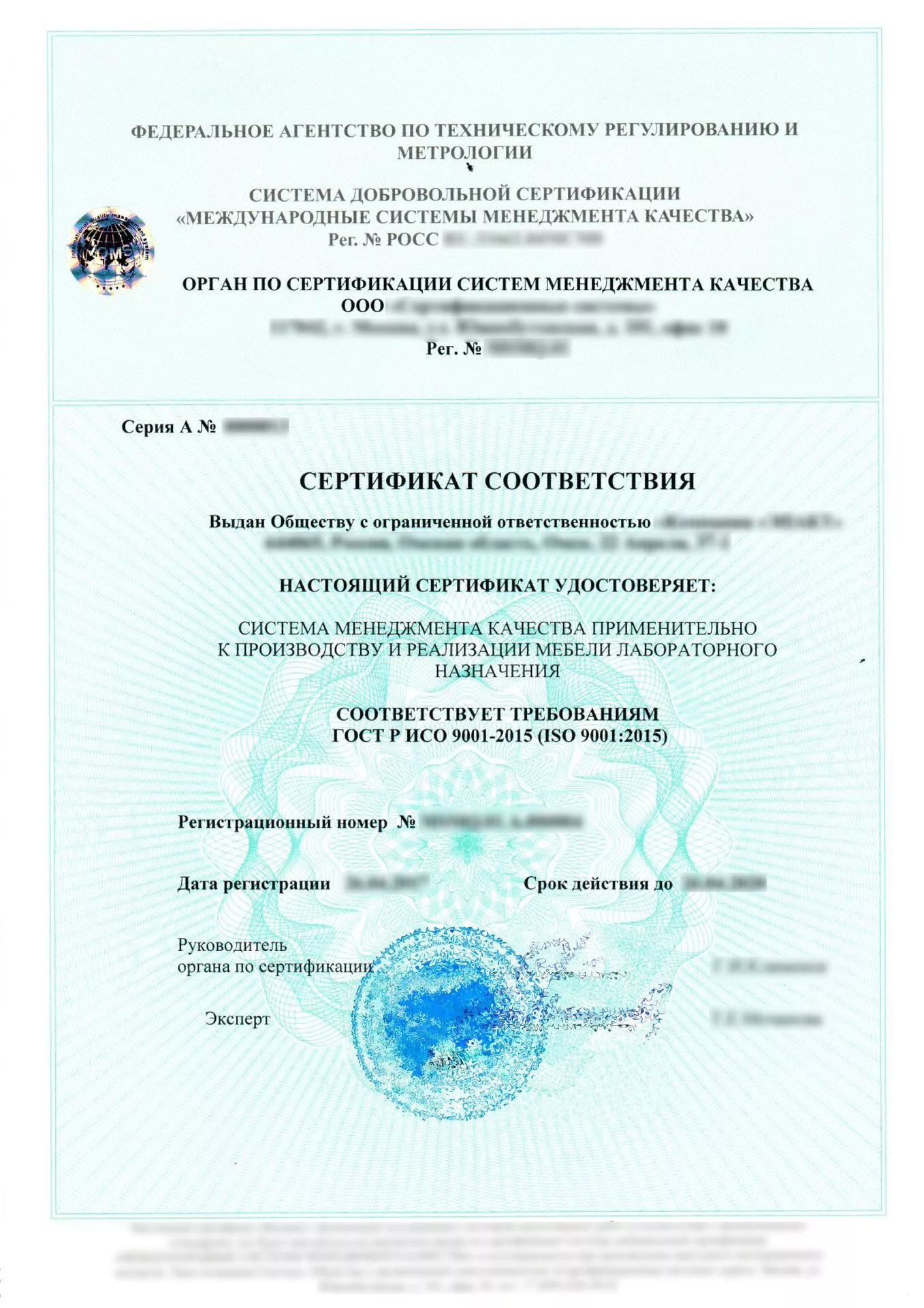
ISO certification is intended as a certain set of standards, the relevance of which is manifested in the creation and modernization of systems aimed at guaranteeing quality management. These systems ensure that all stages of production or service delivery are adequately controlled. This refers to the control of a complete set of components of such processes: documentation, materials, resources, etc.
The ISO certification confirms that the products manufactured or the services provided are in full compliance with the quality standards taken into consideration all over the world. The certification itself is provided by an independent expert. Its correct implementation, if compliance with the standards is confirmed, ends with the issue of an ISO certificate.
change products (services) with a view to increasing their quality;
optimization of production processes, with consequent reduction of losses due to poor product quality or permanent waste;
increase the discipline of employees and their responsibility for the work process;
transfer of the company to an operating mode based on world standards;
improve the positive perception of the organization by investment companies;
growing consumer acceptance and expansion in sales markets;
the possibility of bringing products (services) to the Western European market;
reach the level of world prices.
Types of ISO certificates
Among the ISO standards adopted in Russia, the following are the most common:
ISO 9000 is a guideline for the use and selection of a specific quality management system (QMS) based on the parameters that determine the operation of the company. The series certificate includes the main provisions, an introduction to the system and a glossary of the terms used in the standard of this type;
ISO 9001 - clearly defined and strict requirements, compliance with which is the responsibility of the suppliers of products (services). Standards are set for all stages of product release: development, design, manufacturing, delivery, installation and maintenance. Conformity with the standard is confirmed by control checks and product certification;
ISO 9002 - specifies the requirements for suppliers. They must provide some degree of efficiency in the production process. The release of quality products (services) requires adequate confirmation;
ISO 9003 is a system relating to the minimum requirements for a supplier, which are presented in the final testing phase, during inspection and after certification. This certificate makes it mandatory to carry out the tests on acceptance of the final product and to check the production process;
ISO 9004 - standardization of the QMS, where standards and requirements for the implementation and development of such systems come to the fore;
ISO 10012 is a standard that defines standards, compliance with which ensures the release of high-quality equipment in the form of various measuring instruments;
ISO 14001 - Requirements for environmental management systems. Their observance is the responsibility of the enterprise in order to ensure the protection of the environment from negative factors that occur during production processes or as a result of the provision of services. With the aid of this certificate, the parameters of the system are set, on the basis of which responsibility is redistributed, the planning and management of the entire volume of available resources necessary for the implementation of the environmental program at the right level is carried out;
ISO 19011 - Recommendations that describe the effective functioning of the QMS and define the rules for carrying out audit programs in relation to environmental management;
ISO 13485 - Requirements for medical products and related services. This includes the design, installation, production and service phases;
ISO OHSAS 18001 - Evaluation of management systems that guarantee health and safety at work. The presence of this certificate confirms that the company implements a wide range of measures aimed at ensuring that the life and health of employees are not endangered. This greatly strengthens the company's reputation;
ISO 22000: 2005 (HACCP) is a food management system that regulates safety standards and constitutes a model for the management and control of risks that may arise in the food industry.
The certificate of experience and the evaluation of corporate reputation is an objective indicator of the evaluation of a series of factors that directly characterize the level of trust in a particular company.
How to get the ISO certificate?
The 'Modern Standard' Certification and Licensing Center provides services for issuing ISO Certificates. We take care of the registration process completely, from the moment the application is submitted to the receipt of the finished document.
For an initial consultation and to draw up an action plan, you can contact us in any way that is convenient for you.Our specialists are ready to answer any questions.



